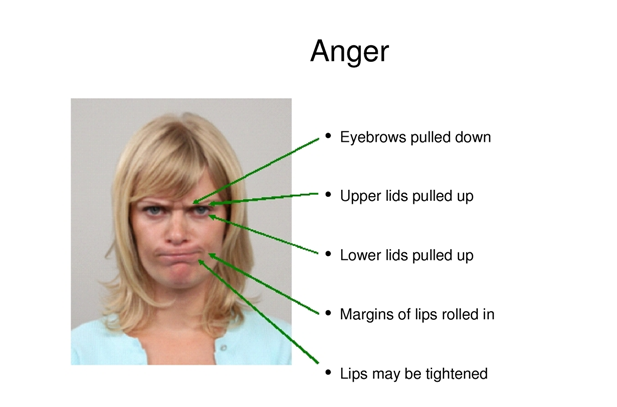We believe that we should work to be happy, but could that be backwards? In this fast-moving and entertaining talk, psychologist Shawn Achor argues that actually happiness inspires productivity.
Shawn Achor is the CEO of Good Think Inc., where he researches and teaches about positive psychology. He is the author of The Happiness Advantage: The Seven Principles of Positive Psychology that Fuel Success and Performance at Work.
 Cool your jets! A new study published in The European Heart Journal Acute Cardiovascular Care suggests that having an episode of intense anger was associated with an 8.5 times greater risk of having a heart attack during the following 2 hours.
Cool your jets! A new study published in The European Heart Journal Acute Cardiovascular Care suggests that having an episode of intense anger was associated with an 8.5 times greater risk of having a heart attack during the following 2 hours.